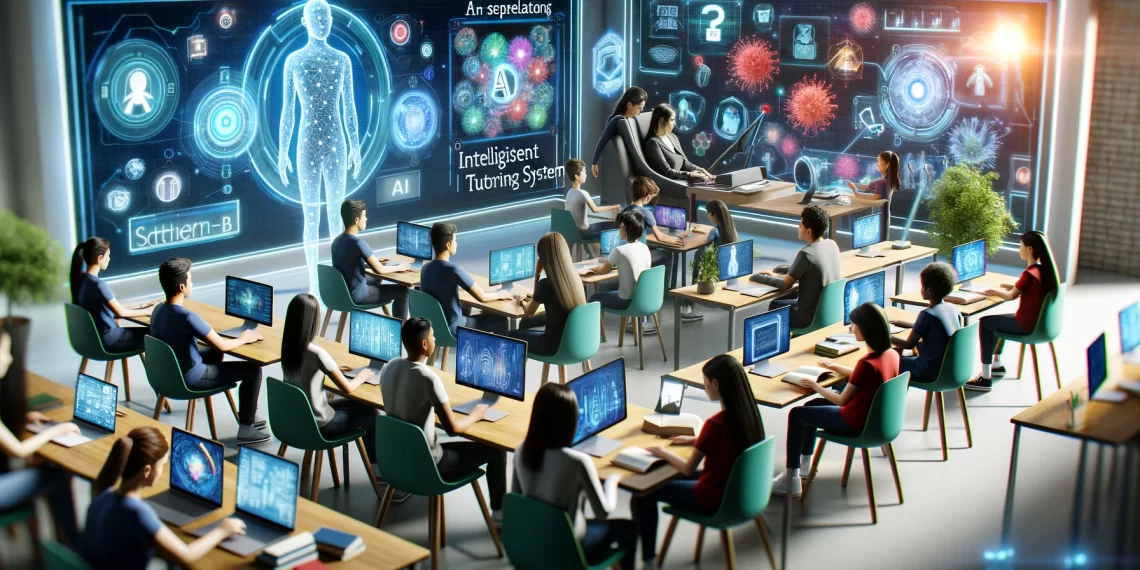Views: 0
Introduction:
AI-powered intelligent tutoring systems (ITS) are transforming education by providing personalized instruction and real-time feedback, helping students master complex concepts and improve their academic performance.
Key Features of AI Intelligent Tutoring Systems
- Personalized Learning Paths:
- AI tutors adapt to individual student needs, creating customized learning experiences that cater to each learner’s pace and style.
- Real-Time Feedback:
- ITS provide immediate feedback on student performance, allowing for quick corrections and continuous improvement.
- Adaptive Content Delivery:
- AI systems adjust the difficulty of tasks and provide targeted resources based on student progress and understanding.
- Interactive Learning:
- AI tutors offer interactive and engaging lessons, using multimedia elements such as videos, simulations, and quizzes to enhance learning.
- Continuous Assessment:
- AI monitors student performance continuously, identifying areas of strength and weakness to tailor instruction accordingly.
- Scalability:
- Intelligent tutoring systems can accommodate large numbers of students, offering personalized support at scale.
- 24/7 Availability:
- AI tutors are available around the clock, providing students with support whenever they need it.
- Data-Driven Insights:
- ITS collect and analyze data on student interactions, offering valuable insights for teachers to further personalize instruction.
Benefits of AI Intelligent Tutoring Systems
- Enhanced Learning Outcomes:
- Personalized instruction and timely feedback help students grasp complex concepts more effectively, leading to better academic performance.
- Increased Engagement:
- Interactive and adaptive learning experiences keep students engaged and motivated.
- Efficient Learning:
- AI tutors help students learn more efficiently by focusing on their individual needs and learning styles.
- Equitable Access:
- ITS provide high-quality educational support to all students, regardless of location or background.
Research and References
- Woolf, B. P. (2010). Building Intelligent Interactive Tutors: Student-Centered Strategies for Revolutionizing e-Learning. Morgan Kaufmann.
- VanLehn, K. (2011). The Relative Effectiveness of Human Tutoring, Intelligent Tutoring Systems, and Other Tutoring Systems. Educational Psychologist, 46(4), 197-221.
Kulik, J. A., & Fletcher, J. D. (2016). Effectiveness of Intelligent Tutoring Systems: A Meta-Analytic Review. Review of Educational Research, 86(1), 42-78.









![Cain and Abel [Genesis 4:1-16]](https://kingj.tv/wp-content/uploads/2024/04/Genesis-story-of-Cain-and-Abel-120x86.webp)

